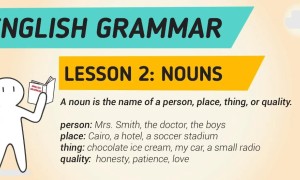九变篇 NO.3:
是故智者之虑,必杂于利害,
杂于利而务可信也,
杂于害而患可解也。
是故屈诸侯者以害,役诸侯者以业,趋诸侯者以利。

这句啥意思:
智慧明达的将帅考虑问题,必然把利与害一起权衡。
在考虑不利条件时,同时考虑有利条件,大事就能顺利进行;
在看到有利因素时同时考虑到不利因素,祸患就可以排除。
因此,用最另人头痛的事去使敌国屈服,用复杂的事变去使敌国穷于应付,以利益为钓饵引诱敌国疲于奔命。
英文这么说:
Hence in the wise leader's plans, considerations of advantage and of disadvantage will be blended together.
If our expectation of advantage be tempered in this way, we may succeed in accomplishing the essential part of our schemes.
If, on the other hand, in the midst of difficulties we are always ready to seize an advantage, we may extricate ourselves from misfortune.
Reduce the hostile chiefs by inflicting damage on them; and make trouble for them, and keep them constantly engaged; hold out specious allurements,and make them rush to any given point.
“智者之虑”实案——唐击败突厥
唐与突厥的战争(620年—657年1)是7世纪中国唐朝建立初期同突厥两个汗国东方突厥和西突厥进行的一系列战争。其中主要的战役和事件有五陇阪之战(624年)、泾阳之战和渭水之盟(626年)、定襄之战(639年)、阴山之战(640年)、庭州之战(651年)、唐灭西突厥之战(657年)等。战争期间,唐朝由开始的安抚和防御转为进攻,加之突厥内部的分裂和内乱,唐朝分别于640年和657年彻底击败东、西突厥,俘虏东方突厥颉利可汗和西突厥沙钵罗可汗,导致了突厥汗国的灭亡。唐朝在原东、西突厥领地分别设立都督府和都护府。







